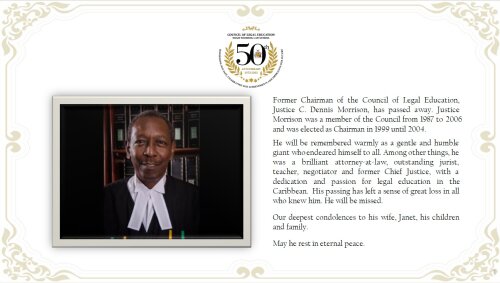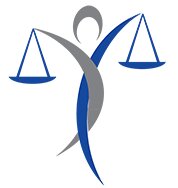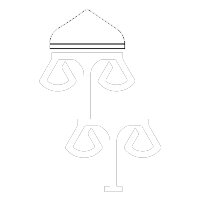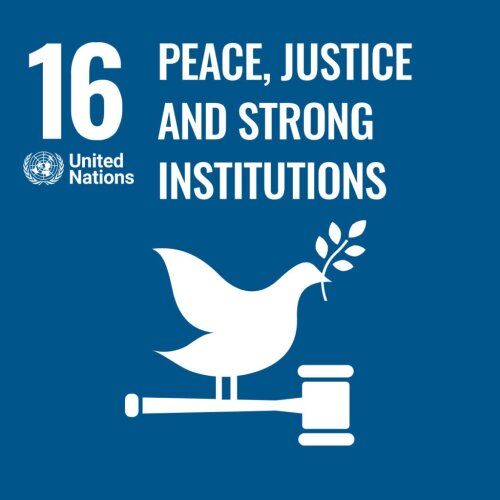Best Civil & Human Rights Lawyers in Trinidad and Tobago
Share your needs with us, get contacted by law firms.
Free. Takes 2 min.
Or refine your search by selecting a city:
List of the best lawyers in Trinidad and Tobago
About Civil & Human Rights Law in Trinidad and Tobago
Civil and Human Rights in Trinidad and Tobago are enshrined in the country's Constitution, which is the supreme law of the land. The Constitution guarantees fundamental rights and freedoms to every individual without discrimination, such as equality before the law, protection of the right to life, personal liberty, freedom of expression, and protection from inhumane treatment. These rights are further supported by international human rights conventions to which Trinidad and Tobago is a party, including the Universal Declaration of Human Rights and the International Covenant on Civil and Political Rights.
Why You May Need a Lawyer
Civil and Human Rights issues can arise in a variety of situations, and understanding when you might need legal assistance is crucial. Common scenarios include experiencing discrimination at work or in public, facing unjust arrest or detention, encountering violations of privacy, or suffering abuse or harassment. Legal help may also be necessary when dealing with issues related to freedom of speech, assembly, or due process rights. A lawyer can help navigate the complexities of these rights, ensuring they are protected and enforced.
Local Laws Overview
Trinidad and Tobago has robust legal frameworks to uphold Civil and Human Rights. The Equal Opportunity Act provides protection against discrimination and is implemented by the Equal Opportunity Commission. The Police Complaints Authority Act helps hold law enforcement accountable for misconduct. Additionally, the Freedom of Information Act grants citizens the right to access government-held information, promoting transparency. Key areas of focus in local laws include protection against discrimination based on race, gender, and disability, protection of personal privacy, and ensuring due process in judicial proceedings.
Frequently Asked Questions
What should I do if I feel my rights have been violated?
It's crucial to document the incident thoroughly and seek legal advice. You may also consider filing a complaint with relevant authorities such as the Police Complaints Authority or the Equal Opportunity Commission.
Is there legal aid available for Civil & Human Rights cases?
Yes, the Legal Aid and Advisory Authority provides legal assistance to individuals who cannot afford a lawyer, covering various types of cases, including Civil & Human Rights issues.
Can non-citizens protect their rights in Trinidad and Tobago?
Yes, non-citizens are also entitled to protection under the Constitution and can seek legal recourse if their rights are violated.
What are my rights if I'm arrested?
You have the right to know the reason for your arrest, the right to remain silent, and the right to legal representation. Additionally, you must be brought before a court within a reasonable time.
How can I challenge a law that I believe infringes on my rights?
You may file a constitutional motion in the High Court challenging the validity of the law, and it's advisable to seek legal assistance to guide you through this process.
Can my employer discriminate against me based on my gender?
No, the Equal Opportunity Act prohibits discrimination in employment based on gender, among other protected characteristics.
How does the Freedom of Information Act benefit me?
It allows you to request and receive information held by public authorities, thus enhancing transparency and accountability in governance.
Are there specific protections for children’s rights?
Yes, the Children's Authority of Trinidad and Tobago oversees and enforces children's rights, ensuring their safety and well-being.
What recourse do I have if I'm a victim of police brutality?
You can file a complaint with the Police Complaints Authority, and legal actions may be pursued for compensation and accountability.
Is there a statute of limitations for filing a Human Rights complaint?
Yes, there are time limits for filing certain types of complaints, so it's important to act swiftly and seek legal advice to ensure all procedures are correctly followed.
Additional Resources
Those seeking more information or aid can contact the following organizations and bodies:
- The Equal Opportunity Commission
- Legal Aid and Advisory Authority
- The Police Complaints Authority
- The Human Rights Institute of the Trinidad and Tobago Coalition Against Domestic Violence
- Office of the Ombudsman
- The Children's Authority of Trinidad and Tobago
Next Steps
If you need legal assistance in Civil & Human Rights issues, consider the following steps:
- Identify the issue and gather all relevant documentation.
- Seek legal counsel-contact a lawyer specializing in Human Rights Law or approach the Legal Aid and Advisory Authority for assistance if you're unable to afford private counsel.
- Explore filing a complaint with pertinent authorities such as the Equal Opportunity Commission or Police Complaints Authority, depending on the situation.
- Consider mediation services or alternative dispute resolution if applicable and feasible.
- Stay informed about your rights and any developments in related laws to better advocate for yourself in the future.
Lawzana helps you find the best lawyers and law firms in Trinidad and Tobago through a curated and pre-screened list of qualified legal professionals. Our platform offers rankings and detailed profiles of attorneys and law firms, allowing you to compare based on practice areas, including Civil & Human Rights, experience, and client feedback.
Each profile includes a description of the firm's areas of practice, client reviews, team members and partners, year of establishment, spoken languages, office locations, contact information, social media presence, and any published articles or resources. Most firms on our platform speak English and are experienced in both local and international legal matters.
Get a quote from top-rated law firms in Trinidad and Tobago — quickly, securely, and without unnecessary hassle.
Disclaimer:
The information provided on this page is for general informational purposes only and does not constitute legal advice. While we strive to ensure the accuracy and relevance of the content, legal information may change over time, and interpretations of the law can vary. You should always consult with a qualified legal professional for advice specific to your situation.
We disclaim all liability for actions taken or not taken based on the content of this page. If you believe any information is incorrect or outdated, please contact us, and we will review and update it where appropriate.
Browse civil & human rights law firms by service in Trinidad and Tobago
Trinidad and Tobago Attorneys in related practice areas.
Browse civil & human rights law firms by city in Trinidad and Tobago
Refine your search by selecting a city.













